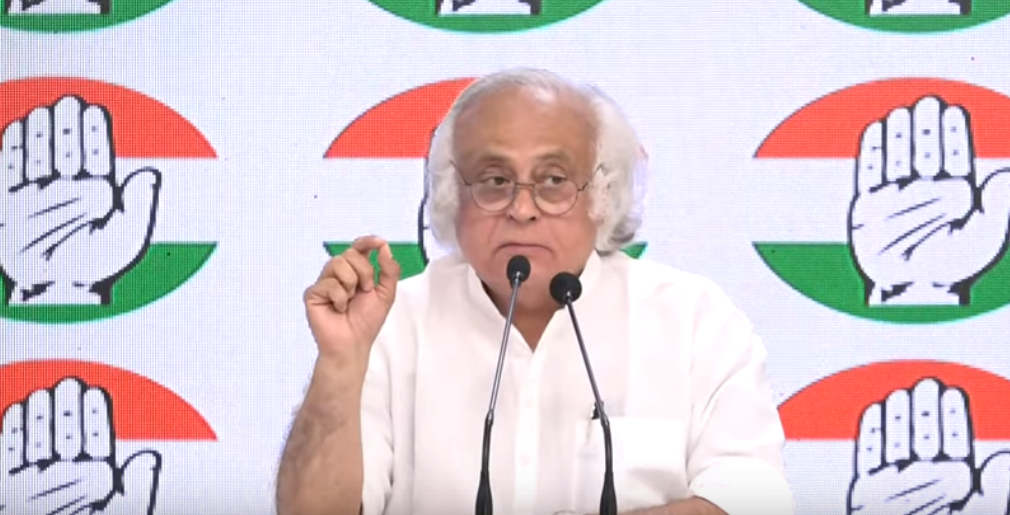Jairam Ramesh, former Union Minister and General Secretary (Communications), said on Tuesday that whatever is happening in Manipur is but a trailer to what the BJP-RSS government will do to the other North Eastern States if it comes back to power at Centre. He claimed, “They will divide North East on religion, caste, language, eating habits.”
The Congress leader was in Dimapur ahead of the Lok Sabha elections where he held a press conference. Today also happened to be Jairam Ramesh’s 70th birthday.
Responding to a question on the suspension of Free Movement Region and the decision to fence the Indo-Myanmar border, the Congress leader said that these were the direct result of the Manipur conflict and said that Nagaland Chief Minister Neiphiu Rio should answer why he could not convince the Union Government since they are allies. He also claimed that NE leaders such as Rio, Meghalaya CM Conrad Sangma and Arunachal Pradesh CM Pema Khandu are siding with the BJP because they need the ‘washing machine’, without which they would be in jail.
On the Framework Agreement signed in 2015, Ramesh said that it is a reflection of the long years of negotiation between GoI and NSCN IM, however the Congress do not know the details of what in the FA. He stated that the Party has been demanding in and outside the Parliament for the details to be disclosed. He maintained that Congress wants peace, social harmony in Nagaland and for Article 371 A to be implemented in letter and in spirit.
Read more: Kharge inadvertently exposed the Modi-Shah gameplan on Article 371: Congress’ Jairam Ramesh
Answering to a question on Eastern Nagaland, the INC leader said that imbalances in development reflects bad governance and must be addressed. He suggested Autonomous District Council under the 6th Schedule as the instrument in the Constitution that could perhaps resolve the issue.
Speaking on who will INDIA bloc’s prime ministerial candidate, Jairam Ramesh stated that in India, elections are fought between political parties, manifestos, symbols, ideologies and programs. “Ours is not an individual centric democracy. Ours is a party-centric democracy,” he said, clarifying that when they get the mandate and win majority, all the parties will sit together and select the candidate who will be sworn in as the prime minister of India.
The Congress leader also expressed confident in the candidature and leadership of S Supongmeren Jamir.


